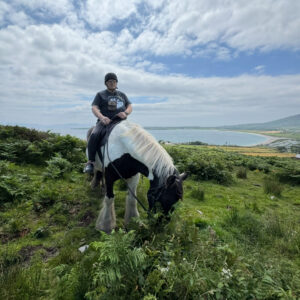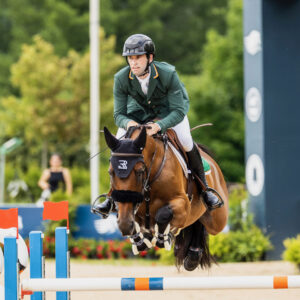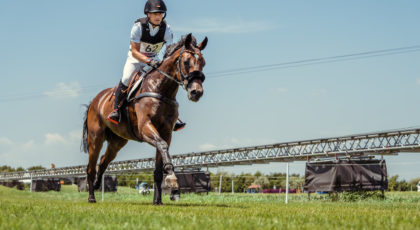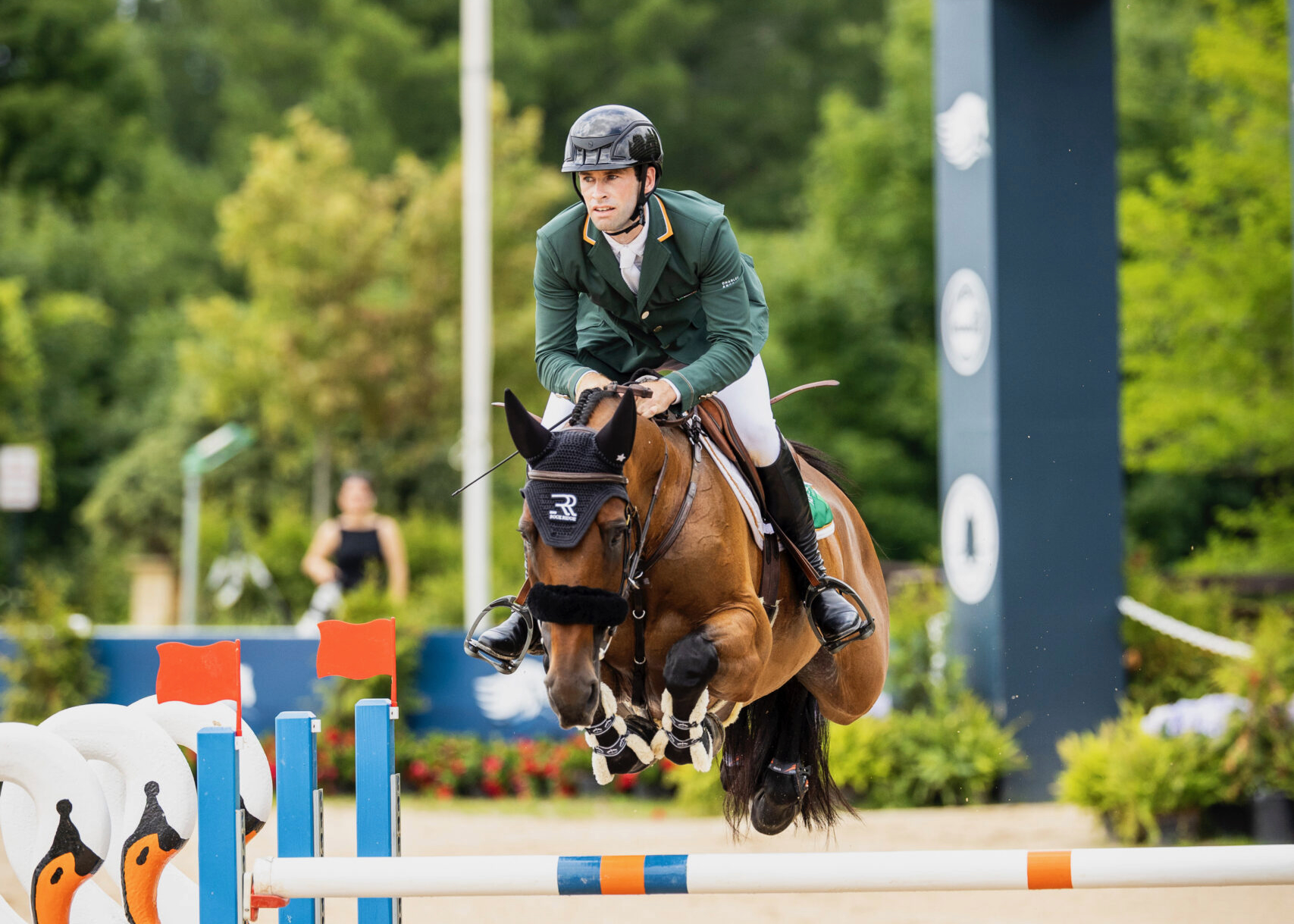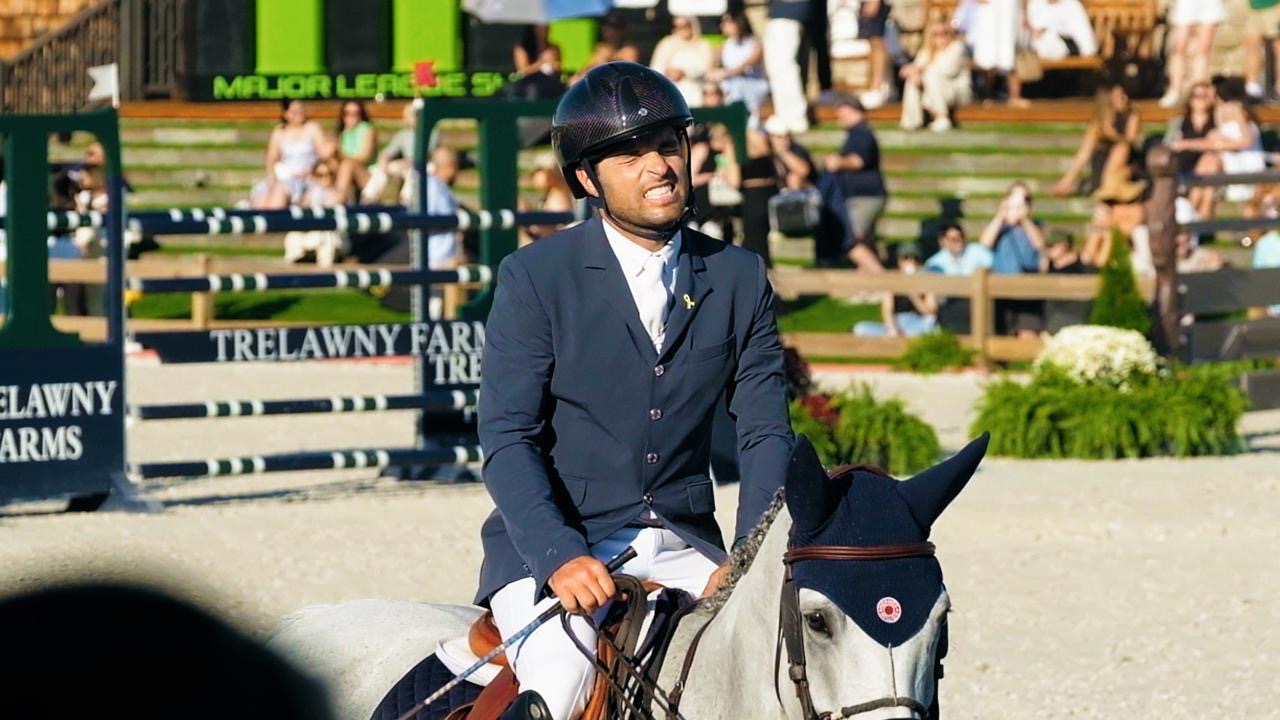Trigger warning: this story discusses themes of grooming and sexual misconduct involving minors and may not be suitable for all readers.
Last month, prominent traveling equine veterinarian Gregory Ford was arrested by the Marion County Sheriff’s Office of Ocala, Florida on September 24. Ford was charged with the sexual battery of a child between the ages of 16-17 relating to a minor victim who had been working and traveling with him as a veterinary technician for the last two years.
Now, the lawyer for the victim in this case, Spencer Kuvin, Esq. is speaking out against the grooming process that he says led to his client’s abuse.
Kuvin is no stranger to cases involving the sexual abuse of minor victims. For the last 20 years, he has litigated against Jeffrey Epstein representing nine survivors; among them was Jane Doe #1 in Palm Beach, who was just 14 years old at the time. Kuvin also represented survivors in other high-profile cases involving Hugh Hefner, Bill Cosby, and others.
According the Kuvin, his client began working for Ford two years ago, beginning when she was 15. They began traveling to horse shows throughout the United States together the following year. “She was in training to become a veterinarian and was trying to use this job, like many young women in her position, to further her career path in veterinary medicine,” he says.
“Dr. Ford was a local veterinarian who became friendly with my client’s parents and grandparents. He would go to church with the family and take care of the family’s horses. He offered to mentor my client, and her parents believed that this would be a great opportunity for their daughter to get into a field that she could make a career out of.”
In cases like these, the grooming process, according to Kuvin, often begins with normalized touching of the hand, back of the neck, or grazing of the leg. “They then move to more intentional touching, such as touching a hand or kissing their head or forehead.”
Outside of physical touch, grooming can also involve inappropriate conversations between adults and minor victims, Kuvin explains. For instance, discussions about dating and ‘boys.’ “Grooming then slowly moves to more overt behavior, which could include a small kiss or talk about how ‘beautiful’ the victim is,” Kuvin explains.
“Before the child knows it, they have moved to completely ‘inappropriate’ touching or kissing, and eventually illegal sexual contact. This process usually starts slow and takes time. Pedophiles pray on naïve young children because they can often ‘talk’ their way into inappropriate situations where the child feels helpless to avoid the behavior.”
And according to Kuvin, adolescent girls are particularly at risk. According to stats from the U.S. Department of Justice, 33% of all victims of sexual assault reported to law enforcement were ages 12 through 17 when they were abused, with female victim rates at least 10 times greater than male rates for this age group.
“The statistics are sadly accurate, and reflect what I see in my practice as well,” Kuvin says. “I think that a lot of young girls are naturally self-conscious and have a low self-image. This makes them prey for a smooth-talking pedophile. Someone who tells them that they are beautiful, and they are loved, makes the young girl feel good and special.
“This can then lead to wildly inappropriate behavior. As an adolescent, a child’s brain is still growing and testing the boundaries of what is right and wrong,” Kuvin continues. “This stage of life makes them vulnerable to predators like this. This is exactly why the laws protect children under the age of 18.”
Kuvin says in his time representing victims of abuse, he’s seen many similarities in how perpetrators operate, with similar methods and grooming techniques. “As a society, we need to hold these evil people accountable and make public examples of them so that, hopefully, someone in the future thinks twice about engaging in this conduct,” he says.
And building awareness is an essential first step.
“The public needs to become educated about these types of predators and the mental illness that makes them do this. That way, hopefully, others can be aware of what appears to be strange or inappropriate situations—such as an adult and a child checking into a hotel as husband and wife, public displays of inappropriate affection, or comments by a man about a child.”
In the case of Gregory Ford, the FBI has said that they believe there could be other victims out there, with Kuvin alleging there may be as many as 15 others ranging in age from 15 into their 20s. This was a notion initially pointed to by Kuvin’s client in a now-deleted Facebook post, in which she also alleged that Ford “deliberately chose” the technicians who worked for him.
“We believe that, like most pedophile predators, Dr. Ford intentionally chose a certain ‘type’ of young victim. Someone who looked a particular way and who was eager to learn veterinary medicine. He would act as their ‘teacher’ and then start to groom them for illegal behavior,” he says.
“The worse thing is that the victims often blame themselves for what occurred, which is completely inappropriate and wrong. Society and sometimes online trolls can also sometimes incorrectly feed this negative thought process. We need to operate from the standpoint of blaming only one person for this type of behavior, and that is the pedophile.”
And above all, Kuvin advises, follow the U.S. Department of Homeland Security’s favorite public awareness campaign: If you see something odd involving an adult and a minor, say something.
“Speak up! Say something,” Kuvin emphasizes. “You may save a child from this horror in the future.”
If you have a reasonable suspicion of sexual misconduct, make a report electronically to the U.S. Center for SafeSport or call (720) 531-0340.
For more information on grooming and athlete safeguarding, visit WeRideTogether.today. Need to talk? The specialized counselors at the Athlete Helpline provide crisis intervention, emotional support, connection to resources and reporting guidance Monday through Friday, 12pm to 8pm Pacific Time. Call or text 1-888-279-1026.
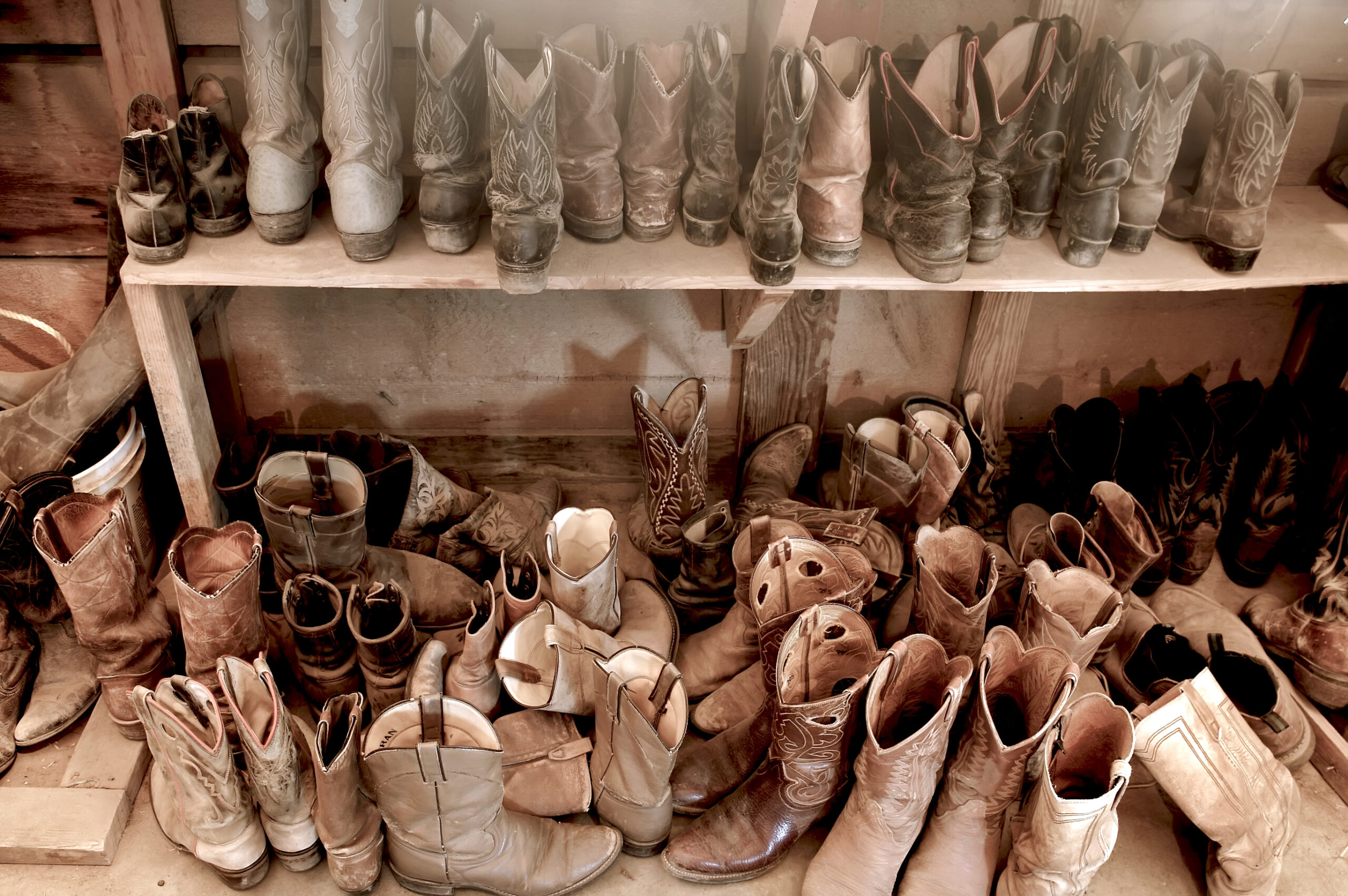

 October 9, 2025
October 9, 2025 








